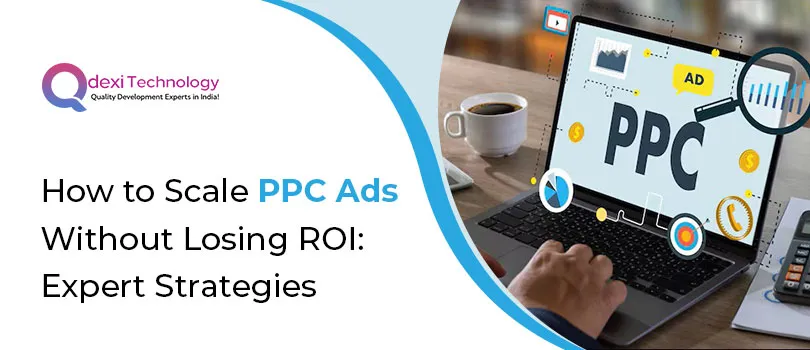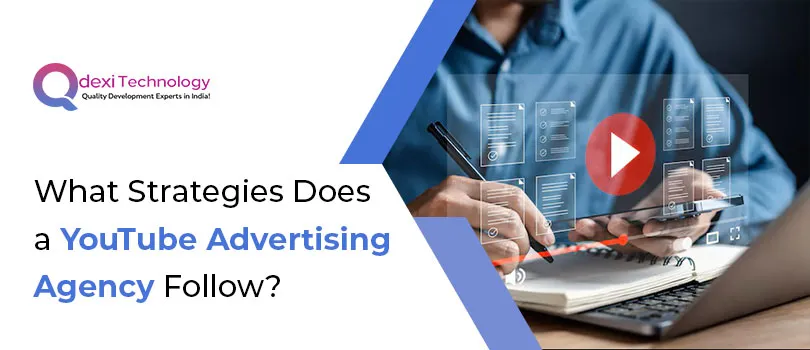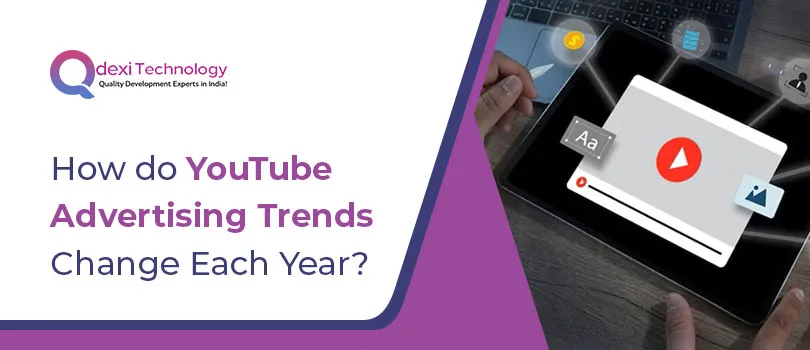
How to Build a Cost-Effective HVAC Advertising Plan for Startups?
26th Feb 2026
Digital Marketing
Starting a new HVAC business is exciting, but the real challenge lies in reaching your target audience without overspending. For startups, every dollar counts, making it essential to create a cost-effective advertising plan. An astute HVAC advertising firm can assist new businesses in creating campaigns that increase brand awareness, provide leads, and yield quantifiable outcomes.
Let’s explore how local HVAC companies and new businesses can develop an effective advertising plan while keeping costs under control.
1. Define Your Goals and Budget
The first step in building any advertising plan is understanding your objectives. Are you aiming to:
- Generate new leads?
- Increase brand awareness locally?
- Promote seasonal services like AC installation or heating repairs?
Once goals are clear, set a realistic budget. A professional HVAC marketing company can help allocate resources efficiently, ensuring your spend aligns with expected outcomes.
2. Identify Your Target Audience
Cost-effective advertising depends heavily on reaching the right people. Start by identifying your ideal customers:
- Homeowners needing heating or cooling services
- Property managers for commercial HVAC solutions
- Renters or small business owners in your local area
Partnering with an HVAC advertising agency helps startups leverage data and insights to pinpoint the audience most likely to convert. This ensures that your HVAC ads reach qualified leads rather than wasting money on broad targeting.
3. Focus on Local SEO and Google My Business
Local search is critical for startups. Optimizing your online presence can generate leads without heavy spending. Strategies include:
- Creating a Google My Business (GMB) profile
- Adding accurate contact details and service areas
- Encouraging customer reviews to build credibility
- Using local keywords like “AC repair near me”
An HVAC marketing company can optimize your profiles to ensure your business shows up in local searches, improving visibility and driving traffic organically.
4. Utilize Social Media Advertising
Social media platforms like Facebook, Instagram, and LinkedIn allow startups to run affordable, targeted ads. By using precise demographics, location targeting, and interest-based filters, local HVAC companies can reach the right audience without overspending.
An experienced HVAC advertising agency can create small-budget campaigns to test messaging and formats, then scale ads that perform best. Social media also offers opportunities for engagement, helping your brand build trust within the local community.
5. Invest in Pay-Per-Click (PPC) Advertising
PPC campaigns allow startups to pay only when users click on ads. Google Ads and Bing Ads are excellent platforms for HVAC startups. An HVAC marketing company can:
- Target high-intent keywords like “emergency HVAC repair."
- Optimize bids to maintain cost-effectiveness
- Monitor ROI to prevent overspending
Using PPC ensures your HVAC ads are seen by users actively searching for your services, increasing the likelihood of conversions.
6. Leverage Email Marketing
Email marketing remains one of the most cost-effective tools for startups. HVAC marketing strategies using email campaigns can include:
- Monthly newsletters with maintenance tips
- Promotions on seasonal services
- Follow-ups for leads or past customers
An HVAC advertising agency can design templates, segment your audience, and track performance to maximize ROI. Email campaigns help maintain customer relationships without significant spending.
7. Implement Content Marketing
Content marketing builds credibility while attracting potential customers organically. Startups can focus on:
- Writing blog posts on energy-efficient HVAC solutions
- Creating how-to videos for maintenance tips
- Posting guides on choosing the right HVAC system
A professional HVAC marketing company ensures that content is optimized for search engines and relevant to your target audience. High-quality content strengthens your brand and reduces dependence on expensive ads.
8. Use Referral Programs
Referrals are a cost-effective way to generate new leads. Encourage satisfied customers to refer friends and neighbors by offering incentives such as discounts or free services.
An HVAC advertising agency can design campaigns that promote referral programs via email, social media, and local community boards. This strategy is particularly effective for local HVAC companies looking to expand their client base without a large marketing budget.
9. Track Performance and Adjust
Even the best plan needs monitoring. An HVAC marketing company uses analytics to track:
- Click-through rates for HVAC ads
- Conversion rates from PPC and social campaigns
- Website traffic and engagement
Analyzing this data allows you to adjust campaigns in real time, reallocate budgets to the best-performing channels, and improve ROI. Startups benefit from ongoing optimization to maximize every advertising dollar.
10. Collaborate with a Professional HVAC Advertising Agency
While DIY marketing is possible, working with an HVAC advertising agency offers several advantages:
- Expertise in designing HVAC marketing strategies
- Access to advanced targeting tools
- Better creative and campaign management
- Continuous optimization for cost-effectiveness
Partnering with professionals ensures that your advertising plan scales efficiently without losing focus on marketing ROI.
Final Thoughts
For startups, every dollar in advertising counts. A cost-effective HVAC advertising plan combines strategic targeting, smart budgeting, and creative campaigns. By focusing on local SEO, social media, PPC, email, and referral programs, local HVAC companies can grow their client base without overspending.
Engaging a trusted HVAC advertising agency or HVAC marketing company ensures campaigns are optimized, measurable, and ROI-driven. Whether running HVAC ads on Google, social media, or via email, startups can achieve strong results by following expert strategies and continuously refining campaigns.
The key to success lies in balancing creativity, analytics, and efficiency. With the right HVAC marketing strategies, even a startup can compete with established players while maintaining a lean and cost-effective advertising budget.



